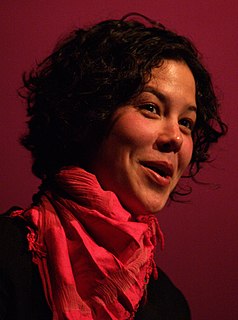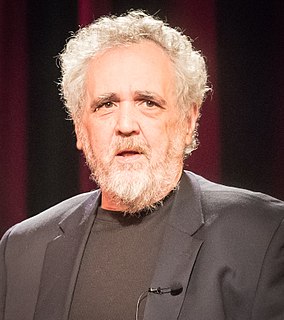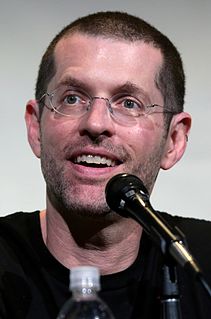A Quote by Agnes Repplier
It is not the office of a novelist to show us how to behave ourselves; it is not the business of fiction to teach us anything.
Related Quotes
For some of us, books are as important as almost anything else on earth. What a miracle it is that out of these small, flat, rigid squares of paper unfolds world after world after world, worlds that sing to you, comfort and quiet or excite you. Books help us understand who we are and how we are to behave. They show us what community and friendship mean; they show us how to live and die.
Solitude is used to teach us how to live with other people. Rage is used to show us the infinite value of peace. Boredom is used to underline the importance of adventure & spontaneity. Silence is used to teach us to use words responsibly. Tiredness is used so that we can understand the value of waking up. Illness is used to underline the blessing of good health. Fire is used to teach us about water. Earth is used so that we can understand the value of air. Death is used to show us the importance of life.
'Confederate,' in all of our minds, will be an alternative-history show. It's a science-fiction show. One of the strengths of science fiction is that it can show us how this history is still with us in a way no strictly realistic drama ever could, whether it were a historical drama or a contemporary drama.
The most influential books, and the truest in their influence, are works of fiction. They repeat, they re-arrange, they clarify the lessons of life; they disengage us from ourselves, they constrain us to the acquaintance of others; and they show us the web of experience, but with a singular change-that monstrous, consuming ego of ours being, nonce, struck out.





































